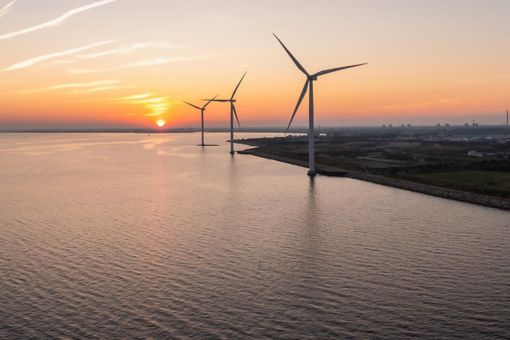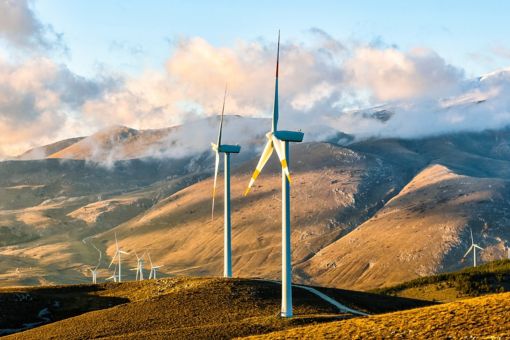Disclaimer: Since this article was published, the EU AI Act has entered into force, making it crucial for companies to document all AI models and ensure ongoing compliance with transparency, risk, and accountability requirements.
The Future of Energy includes the digitization of the energy ecosystem. It will become more intelligent, more integrated, and generate huge amounts of data. As it does, energy usage will become more efficient – by better management through automation – enabling the possibility of controlling millions of devices in customers’ homes (with consent), including electric vehicles, electric hot water systems, heat pumps, and air conditioners.
Machine learning and artificial intelligence (AI) will play an important role in this evolution, particularly in influencing energy consumption behavior and enabling grid flexibility. Increasing grid flexibility – where the grid operates with increased demand response, optimized capacity, efficiency, and storage – will be necessary to cope with a system that will be more volatile as it relies more on renewables. By deriving insights from these more integrated systems, companies will be better able to control costs, while offering cheaper and more relevant services for their consumers.
Data and technology can also make it possible to work out a fair and flexible pricing system and adjust it continuously. However, as it has a major impact on the consumer, the right balance needs to be found between market complexity and the ease of use for consumers.
Consumers have increasingly higher expectations, not only regarding the price and sustainability of their energy but also how flexible it is. The digitization of the energy ecosystem can create opportunities for new energy and technology players. An enhanced, near real-time visibility of the future energy system and the accessibility of information via online “platforms” would allow new entrants to challenge incumbents across business segments. Companies that employ AI to clean and analyze massive amounts of data and utilize it to better understand and serve their consumers will be better able to differentiate themselves and offer more efficient and cost-effective energy services.
With the increased use of machine learning, AI, and data, the energy system will not only become more complex but also more transparent. The digital verification and tracking of the source of energy and emissions could become standard for domestic and international trade. As demand for certified zero emission products grows, AI and blockchain technology could help to classify the products that are sustainable and low carbon. Companies who can verify their energy is green, and those who create a transparent and integral supply chain compliant with ESG commitments, will be able to capture a greater share of new energy demand.
At the same time, protecting consumer data and privacy becomes more important than ever before and trust will become another key differentiator for energy companies. This trust extends beyond simply storing and using personal (customer) data. There is a growing concern regarding the justification and explicability of automated decisions based on this data.
The EU has already taken a leap forward by drafting the "AI Act." In the future, it will become even more important for companies to have a registry and clear documentation of all existing AI models in place.
Read more about the Future of Energy
Learn more about the use of AI and the AI Act
Explore
Connect with us
- Find office locations kpmg.findOfficeLocations
- kpmg.emailUs
- Social media @ KPMG kpmg.socialMedia








